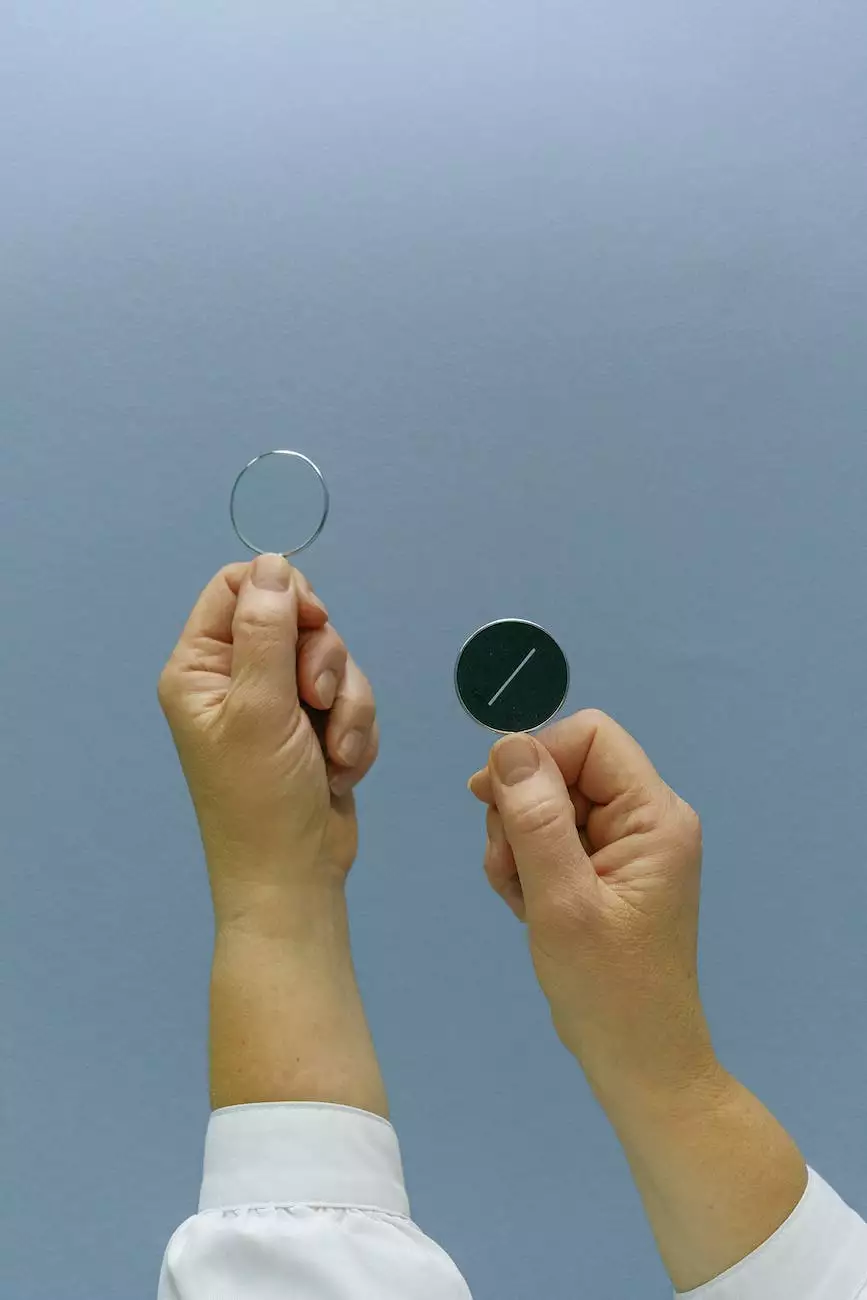Astigmatism - Your Comprehensive Guide
Blog
What is Astigmatism?
Astigmatism is a common eye disorder that affects the proper focus of light onto the retina, leading to blurred or distorted vision. It occurs when the cornea (the clear front surface of the eye) or the lens (located behind the iris) has an irregular curvature.
Causes of Astigmatism
Astigmatism can either be present at birth (congenital) or develop later in life (acquired). Congenital astigmatism is usually caused by the irregular shape of the cornea and is often hereditary. Acquired astigmatism can be a result of an eye injury, eye surgery, or certain eye conditions.
Symptoms of Astigmatism
The most common symptom of astigmatism is blurry or distorted vision, both up close and at a distance. Other symptoms may include eye strain, headaches, squinting, and difficulty seeing at night. If you experience any of these symptoms, it is essential to visit an eye care professional for a comprehensive eye exam.
Diagnosis of Astigmatism
Diagnosing astigmatism involves a series of eye tests conducted by an optometrist or ophthalmologist. These tests may include visual acuity tests, refraction tests, corneal topography, and keratometry. The results of these tests help determine the severity and type of astigmatism, enabling the eye care specialist to develop an appropriate treatment plan.
Treatment Options for Astigmatism
There are various treatment options available to correct astigmatism and improve vision:
- Eyeglasses: Prescription eyeglasses with specially crafted lenses are a common and effective method for correcting astigmatism. These lenses compensate for the irregular curvature of the cornea or lens, allowing light to focus properly onto the retina.
- Contact Lenses: Like eyeglasses, contact lenses can be prescribed to correct astigmatism. Special toric lenses are designed to suit the unique eye shape and provide clear vision.
- Refractive Surgery: For individuals looking for a more permanent solution, refractive surgery options such as LASIK or PRK may be considered. These procedures reshape the cornea, correcting its irregular curvature and improving vision. It's important to consult with an eye care professional to determine if you are a suitable candidate for refractive surgery.
- Orthokeratology: Also known as ortho-k, this non-surgical procedure involves wearing special rigid gas permeable contact lenses overnight. These lenses gently reshape the cornea temporarily, providing clear vision throughout the day.
- Combination Approaches: In some cases, a combination of treatments or technologies may be recommended to achieve the best visual outcomes. Your eye care professional will assess your individual needs and provide personalized recommendations.
Maintaining Healthy Eyes with Astigmatism
While treatment options can correct astigmatism effectively, it's essential to practice good eye care habits to maintain optimal eye health. Here are some tips:
- Regular Eye Exams: Schedule routine eye exams to monitor your vision and overall eye health. Early detection of any changes or underlying conditions can lead to better outcomes.
- Protective Eyewear: When engaging in activities that may pose a risk to your eyes, such as sports, home improvement projects, or handling chemicals, wear protective eyewear to prevent injuries.
- Screen Time and Breaks: If you spend long hours in front of a computer or other digital devices, take regular breaks to rest your eyes and reduce eye strain. Follow the 20-20-20 rule, which suggests looking away from the screen every 20 minutes, focusing on an object around 20 feet away for 20 seconds.
- Healthy Lifestyle: Maintain a balanced diet rich in vitamins and minerals, exercise regularly, and avoid smoking. These lifestyle factors contribute to overall eye health.
- Proper Contact Lens Care: If you wear contact lenses, follow the recommended cleaning and disinfecting practices provided by your eye care professional. Improper contact lens care can increase the risk of eye infections and complications.
Consult Baron Rick W Dr for Expert Eye Care
When it comes to your vision and eye health, trust no one but the experts. Baron Rick W Dr is a trusted name in the field of eye care, specializing in the diagnosis, treatment, and management of various eye disorders, including astigmatism. With a patient-centered approach and state-of-the-art technology, Baron Rick W Dr is committed to providing the highest quality care to enhance your visual clarity and overall eye well-being.
Contact Baron Rick W Dr today to schedule an appointment and take the first step towards better vision and healthier eyes.










